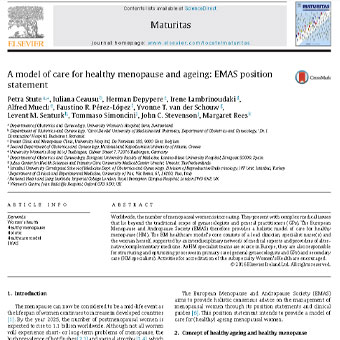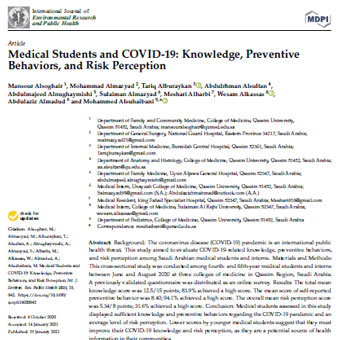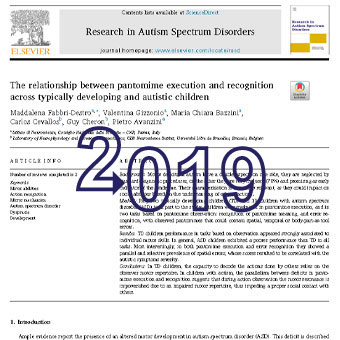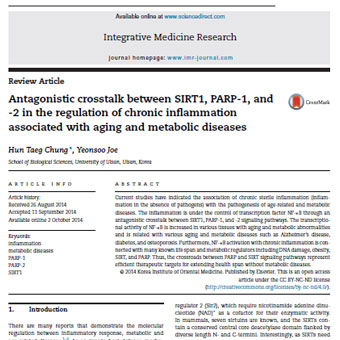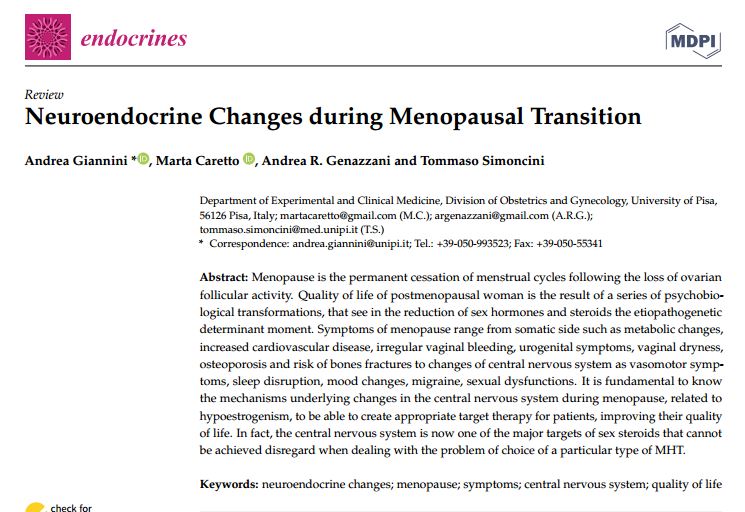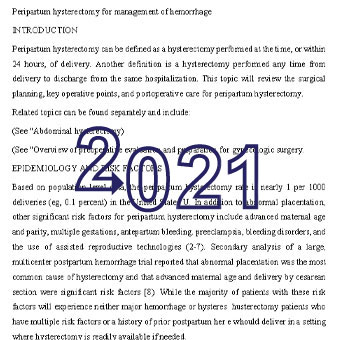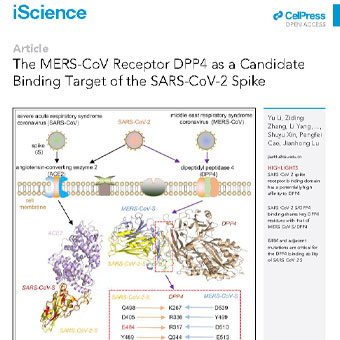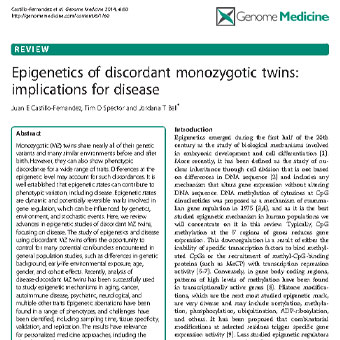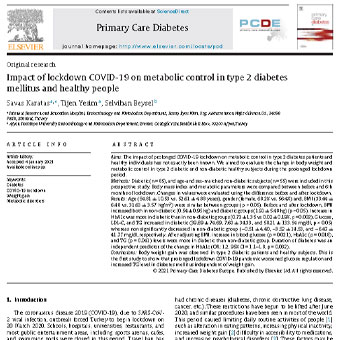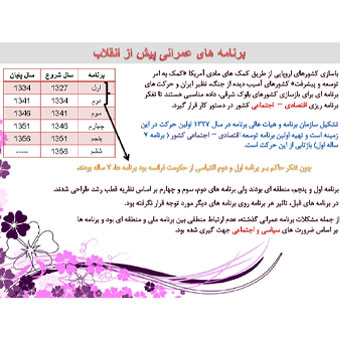عنوان فارسی مقاله:استفاده از یک مدل درمانی و مراقبتی برای افزایش سن و یائسگی سالم و بدون بیماری: بیانیه ی وضعیت EMAS
چکیده
تعداد خانمها یا زنانی که در حال یائسه شدن هستند، در دنیا در حال زیاد شدن میباشد. این زنان با بیماریها و مشکلات زیادی روبرو هستند که حل آنها ورای اختیارات پزشکان عمومی و متخصصان زنان و زایمان است. برای همین منظور، مدل درمان و مراقبت برای یائسگی سالم (HM) توسط انجمن اندرو پوز و منوپوز توسعه یافت. درمان یائسگی، بر مبنای پزشک، پرستار متخصص و خود زنان است که تحت پشتیبانی کارشناسان پزشکی و عرضه کنندگان طب مکمل و جایگزین است. از آنجا که تیمهای تخصصی HM در اروپا کمیاب هستند، آنها همچنین مسئول ساخت و بهینه سازی فرآیندهای مراقبتهای اولیه (متخصص زنان و زایمان عمومی) و مراقبتهای ثانویه (متخصصان HM) هستند. فعالیتهای لازم برای اعتباربخشی در امور ویژه سلامت زنان لازم است(افزایش سن و یائسگی سالم).
- لینک دانلود فایل بلافاصله بعد از پرداخت وجه به نمایش در خواهد آمد.
- همچنین لینک دانلود به ایمیل شما ارسال خواهد شد به همین دلیل ایمیل خود را به دقت وارد نمایید.
- ممکن است ایمیل ارسالی به پوشه اسپم یا Bulk ایمیل شما ارسال شده باشد.
- در صورتی که به هر دلیلی موفق به دانلود فایل مورد نظر نشدید با ما تماس بگیرید.
 متن به فارسی | ترجمه مقالات و متون علمی | ترجمه و دانلود مقالات و انواع متون علمی و ادبی و پذیرش سفارش ترجمه
متن به فارسی | ترجمه مقالات و متون علمی | ترجمه و دانلود مقالات و انواع متون علمی و ادبی و پذیرش سفارش ترجمه
